Description
This book brings together a wide selection of poems on diverse subjects (the circus, Ted Williams, marriage, joys, grief, raising children, The Marx Brothers, etc.) written in diverse styles and numerous forms. The poems trace the career of a man who began writing stories and songs at age seven and has continued to work at his craft for over sixty years.
Louis Phillips is a prolific and versatile poet, playwright, and short story writer. He has written more than fifty books for children and adults. His sequence of poems, “The Time, The Hour, the Solitariness of the Place,” was the co-winner in the Swallow’s Tale Press competition (1984). Among his published books of poems are The Krazy Kat Rag and Bulkington. His short story collections include A Dream of Countries Where No Dare Live (SMU Press, 1993), The Bus to the Moon (Fort Schuyler Press, 2002), as well as THE WOMAN WHO WROTE KING LEAR (2008), and MUST I WEEP FOR THE DANCING BEAR (2012), both out from Pleasure Boat Studio. He teaches at the School of Visual Arts in NYC, where he has been a resident for over forty years. http://louis-phillips.com/poetry.html
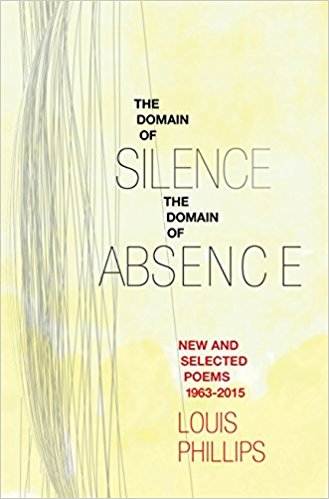
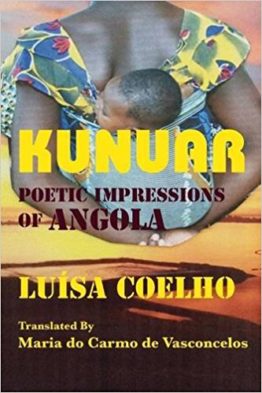

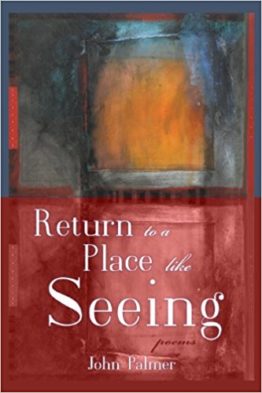
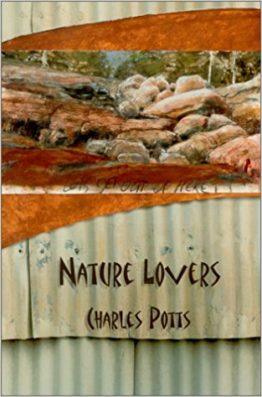
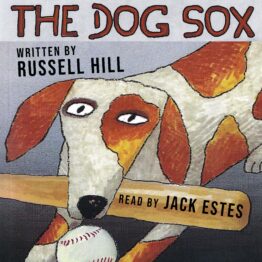
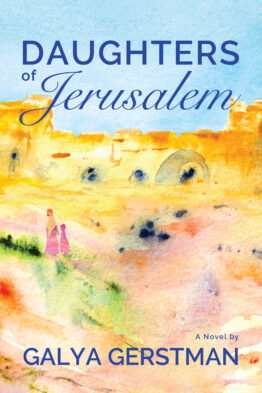
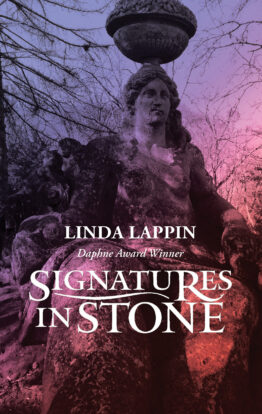
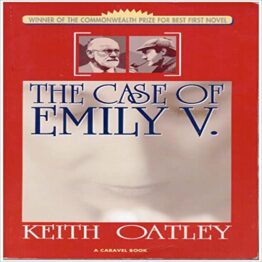
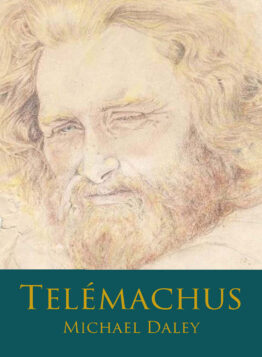
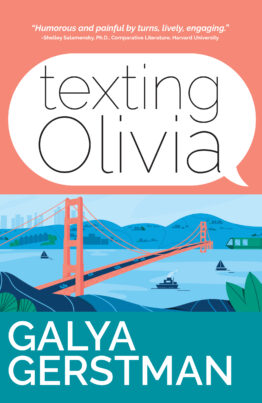

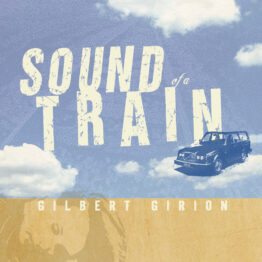
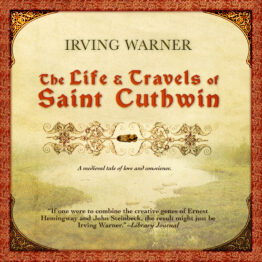
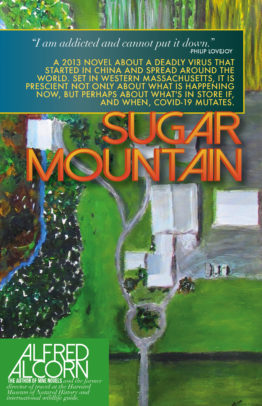
Edward Field –
“It would be easy to say that Louis Phillips’s poems are merely delightful, except there’s always the dark waters roiling underneath. He’s a rare poet both of surface and of depth.” – Edward Field
George Garrett –
“Phillips is a wonderfully imaginative and original writer. I don’t know anybody who can handle a variety of voices, as well as an astonishing variety of times and places, with the ease and skill he repeatedly demonstrates.” – George Garrett
X.J. Kennedy –
“Louis Phillips perpetually dazzles us with fresh surprises and insights that nobody else could have had. His poems are a joy. May readers who don’t already know them discover them, may veteran Phillips’s fans kick up their heels in glee at the sight of this new array.” – X.J. Kennedy
RIchard WIlbur –
“I want you to know that I keep several of your books on a shelf in the bathroom of my study – which as you know is a place of honor for frequent reference. I’m grateful to you for much blitheness and good cheer.” – RIchard WIlbur
Joe Benevento, Green Hills Literary Lantern (2016): –
Phillips’ poems grab the reader right from the beginning, with striking titles such as “The Act of Seeing Is A Moral Choice,” “Try This Poem Before You Read Any Others,” “I Do Not Understand French,” “The Marx Brothers In ‘The Love Song of J. Alfred Prufrock'” (I wonder if Phillips is aware that Groucho and T.S. became friends in Eliot’s last years; I’m betting he is) “Giant Caterpillars Devour A Major City On The East Coast,” and, my favorite, “Reading Philip Larkin Fucks You Up.” There is no top-heaviness to his work, though; each title ends up delivering a poem worthy of it, including the absolute tour de force that is his re-rendering of Eliot’s masterpiece within the framework of the Marx Brothers’ best movies: “In movie lobbies, men, some balding,’ /Come & go like Captain Spaulding.”
Louis Phillips is also a social critic, as in his “Our Poets Are Haunted By Dead Deer,” where he undercuts poems by “Cummings, Stafford & McGrath” by reminding us that in the big city “our headlights/ fall on darker game, one/ we cannot dispose of/ by tossing down/ a mountain side.” The very next poem, “Death in the Country” suggests that only in a world of dreams can we take death from its natural place, which he makes us see through the absurd vision of “Placing my arms around the neck/ Of a twelve point buck,/Hugging him,/ His melancholy face/ Against my face/ & no one dies ever.” Yet these poems are never cynical or glib, just accepting of what is.